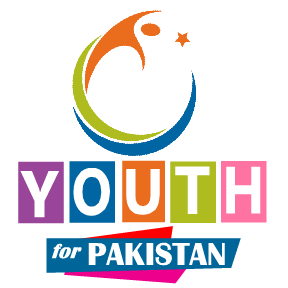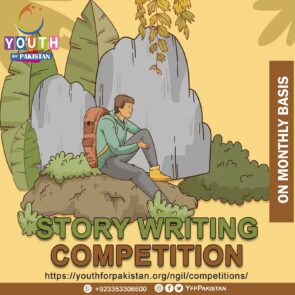About Story Writing Competition
If you are looking to take your writing to the next level, then entering into a Story writing competition often provides that extra impetus to refine your work.
A story writing competition is an event where participants are invited to submit their original stories for a chance to win a prize. The stories can be of any genre and length and are judged based on criteria such as creativity, structure, character development, and overall impact. These competitions are often held by writing organizations, literary magazines, or other groups that promote creative writing.
Why Story Writing Competition
A story writing competition can serve several purposes, such as:
- Encouraging creativity and imagination: By participating in a story writing competition, writers are challenged to think creatively and come up with unique and engaging stories.
- Providing a platform for new writers: Writing competitions can give new and emerging writers a chance to showcase their talent and get recognition for their work.
- Promoting literacy and reading: Story writing competitions can encourage people to read more and engage with literature, which can improve literacy skills and promote a love of reading.
- Building community: Participating in a writing competition can create a sense of community among writers who share a common interest and passion for storytelling.
-
Offering prizes and recognition: Many writing competitions offer prizes or recognition for the best stories, which can motivate writers to do their best and can be a source of validation and encouragement for their work.
Steps story writing competition
There are many ways to approach writing a story, but here are some basic steps that can be helpful:
- Start with an idea: Think about the message or theme you want to convey in your story. This can be a situation, a character, a setting, or a conflict.
- Plan your story: Create an outline or a rough draft to organize your ideas and structure your story. Consider the beginning, middle, and end of your story, as well as any major plot points or character development.
- Develop your characters: Create well-rounded and believable characters that your readers will care about. Think about their motivations, strengths, weaknesses, and backstory.
- Write your first draft: Start writing your story, focusing on getting your ideas down on paper without worrying too much about perfection.
- Revise and edit: Go back and revise your first draft, making sure the story flows logically, the characters are consistent, and the pacing is effective. Edit for grammar, spelling, and punctuation.
- Get feedback: Share your story with others, such as writing groups or beta readers, to get constructive feedback and identify areas for improvement.
- Finalize your story: Make any final revisions based on feedback and then polish your story to a final draft. This may involve making final edits, checking formatting, and proofreading your work.
-
Publish or share your story: Decide how you want to share your story, whether it's through traditional publishing, self-publishing, or sharing online or with friends and family.
Rules and Regulations
There are no hard and fast rules for writing a story, but here are some general guidelines that can be helpful:
- Start with a strong opening: Grab the reader's attention with a compelling opening sentence or paragraph.
- Develop your characters: Create well-rounded characters with clear motivations and desires.
- Have a clear plot: Make sure your story has a clear beginning, middle, and end, and that events are connected and make sense.
- Show, don't tell: Use descriptive language and sensory details to show the reader what is happening in the story.
- Use dialogue: Dialogue can help bring your characters to life and advance the plot.
- Edit and revise: Always revise and edit your work to ensure that it is polished and error-free.
- tory should have a minimum of 1500 words and a maximum of 2000 words, Short stories should only be written in Urdu/English. Past winners are eligible to participate.
- The story must be original and unpublished. Plagiarism is not allowed. WE WILL CHECK for the authenticity of your writing, plagiarized entries will be rejected.
- Only one entry per person will be accepted. Only single-author stories qualify (no co-authored stories). Entries can be fact or fiction.
- Winners, finalists, semifinalists, and all other participants will be notified via email and/or by mail typically within a week after the last date.
-
By entering the contest, the artist agrees with the rules mentioned above and the decisions of the Selection Committee. Their decision shall be final and is not subject to appeal.
[wpcdt-countdown id="6647"]
[mashshare]


